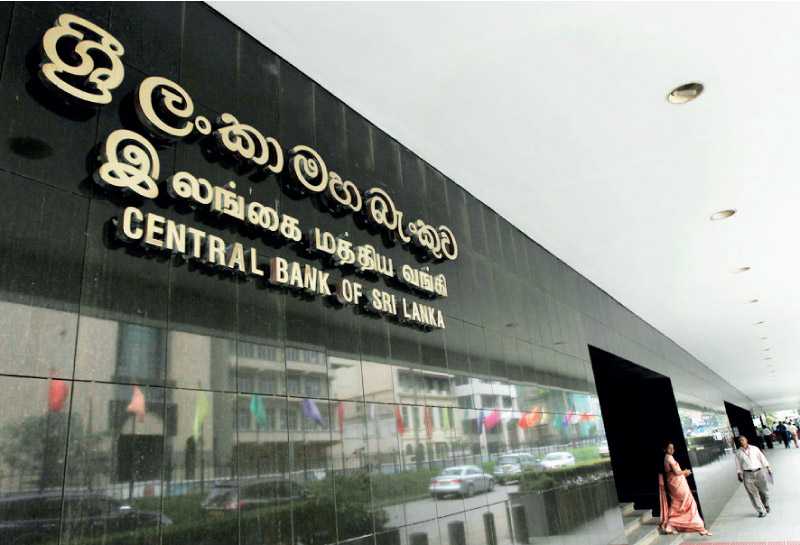Tuesday Feb 24, 2026
Tuesday Feb 24, 2026
Thursday, 18 March 2021 00:40 - - {{hitsCtrl.values.hits}}

It’s not all doom and gloom if the Central Bank and the Treasury play with a straight bat
By A Banker
The Central Bank last week extended the moratorium on leasing payments for businesses and individuals engaged in passenger transportation sector.
First and foremost, how long can the leasing companies survive like this by delaying the impairment provisioning or writing off these debts as a blanket moratorium without a proper financial evaluation as to how these companies can be revived being undertaken?
The lack of such evaluation in a market environment which is very challenging and very little private sector investment despite the low interest environment will only result in a massive hit to the NBFIs which they cannot absorb and will send many of them into bankruptcy.
What happens when a NBFI goes bankrupt is that poor depositors (as most of the money lent out to these high-risk ventures by the NBFIs are depositors’ monies), which includes pensioners, widows and those who have invested their hard earned retirement monies stand to lose everything just to keep a few companies afloat for a short while? Is this fair without a lifeline from the Central Bank available directly to the tourism sector if they wish to support exclusively this sector?
As everyone knows most institutions and individuals who borrow from NBFIs are those who have been rejected by the banking sector for various reasons including the fact that they are unbankable. Now this be can be interpreted in any which way one wants.
While I accept that at a time like this all of us, not just the leasing companies, must support those in financial difficulty we must be pragmatic and conduct a thorough evaluation as to whether they have the capability of surviving a crisis like this.
In this regard it is now timely that the regulator must create the climate for mergers and acquisitions for the financial sector in particular by granting concessions to increase individual shareholder ownership in the entire finance sector which will bring in shareholders with deep pockets to invest in these companies without having the limits on ownership as now. This is a dire need right now and must be done without further delay.
This will also bring in new investors not just locally but also internationally. As we all know there is a lot of local money outside and foreign investors outside who are looking to invest in emerging markets, which have always given good returns on their investments and these are today bypassing Sri Lanka. One has the right to ask, why oh why are they not coming here to this Paradise isle of ours?
1) Lack of consistency in policies. Be it exchange control, tax, employment, education, etc. Did you know that it is almost impossible to bring in foreign expertise to work in Sri Lanka and the approval process is arduous? If one takes education examples are many.
2) We have laws aplenty but do they work? Are they implemented and enforced fairly? How about the law delays? We know it takes near seven to 10 years to enforce a simple mortgage action after being postponed an umpteen number of times in the courts?
3) Remove the limits to ownership of financial institutions. It is not helping in improving the quality of the shareholders or long-term stability of the financial sector. This is a major barrier to entry of quality investors while money launderers are entering through the backdoor.
4) Make the investment climate conducive to attract FDIs. Learn from regional examples which are many. Thailand, Indonesia even Malaysia are excellent examples.
5) The approval processes are littered with red tape and bureaucracy and delays. The one-stop-shop system is not working; we all know that and we are just fooling ourselves.
I can write pages on why all is not well in this beautiful island of ours but it’s not all doom and gloom and I still see light at the end of the tunnel if we can work honestly to get some of the things I have highlighted above straightened out.
For this we do need the Central Bank and the Treasury, to use cricketing parlance, ‘to play with a straight bat’.